Using this “new Kismet” from Gatecrash as an example we’ll learn how Extort works and find out “The Answer to the Ultimate Question of Life, The Universe, and Everything”: why more than one mana can’t be paid for Extort.
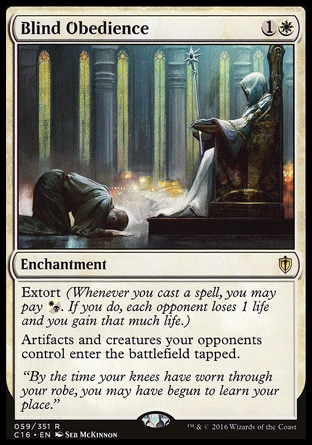
Oracle Text:
Enchantment
Extort (Whenever you cast a spell, you may pay {W/B}. If you do, each opponent loses 1 life and you gain that much life.)
Artifacts and creatures your opponents control enter the battlefield tapped.
Blind Obedience is an enchantment. It can end up on the battlefield during resolution of the enchantment spell or as a result of some other effect, Enduring Ideal, for instance. Once on the battlefield, enchantments stay there until an effect or a rule puts them in another zone.
Blind Obedience spell has no targets.
Blind Obedience has a static ability that functions while Blind Obedience is on the battlefield. This ability creates a replacement effect: all artifacts and creatures your opponents control enter the battlefield tapped.
This ability affects all your opponents; in a 2HG game both players in the enemy team are your opponents.
At a Competitive REL tournament both players are responsible for the game state. So, if you control Blind Obedience, your opponent puts a creature or an artifact untapped on the battlefield and you both don’t notice the mistake, you and your opponent will get a Warning for Game Play Error — Game Rules Violation infraction.
Creatures and artifacts that enter the battlefield under your or your teammate’s control do so in a normal way.
If your Blind Obedience and your opponent’s creature or artifact enter the battlefield at the same time (during resolution of Show and Tell for example), Blind Obedience won’t affect that creature or artifact, because at the moment it enters the battlefield, Blind Obedience is not yet there, so its ability hasn’t taken effect yet.
Blind Obedience’s ability isn’t targeted. If an opponent controls Leyline of Sanctity, Blind Obedience will still affect all his artifacts and creatures. Hexproof and Shroud won’t help either.
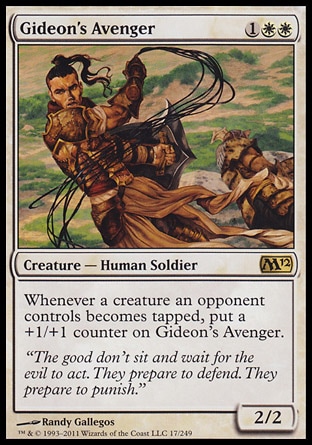
There’s no such moment of time that a creature affected by Blind Obedience is already on the battlefield, but is not yet tapped. As it has never “became tapped”, Gideon Avenger’s ability won’t trigger.
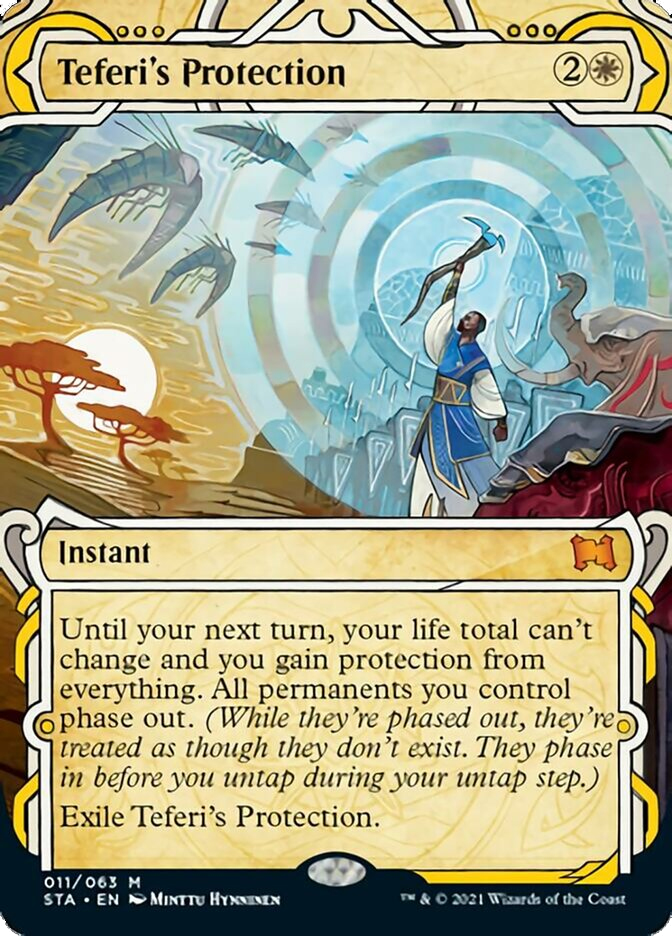
If a permanent changes state to “phased in”, it doesn’t mean that it has just entered the battlefield, so creatures and artifacts that change their status from “phased out” to “phased in” are unaffected by Blind Obedience.
Any hostile artifact enters the battlefield tapped, Equipments make no exceptions. If the artifact is Batterskull, at the end of the day the opponent will have a tapped Germ token equipped with a tapped Batterskull.
As Dryad Arbor is a creature, it is affected by Blind Obedience’s ability and enters the battlefield tapped. The same happens to the Artifact Lands (such as Tree of Tales or Darksteel Citadel) as each of those lands is both an artifact and a land.
“Animating” something doesn’t make it enter the battlefield. Turning a permanent into a creature wouldn’t cause that creature to become tapped. The same is true about permenents that gained an Artifact supertype due to the effect of Liquimetal Coating for instance.
Imagine that your cunning opponent controls Blind Obedience and your devotion to blue is 4. If you put Thassa, God of the Sea on the battlefield, it enters untapped.
The effect of Blind Obedience checks how Thassa will look at the battlefield and see your devotion to blue is 4, so Thassa would not be a creature on the battlefield.
It can’t to count Thassa herself because she isn’t on the battlefield yet and devotion isn’t a characteristic or an ability.
What consequences Blind Obedience’s effect has for creatures?
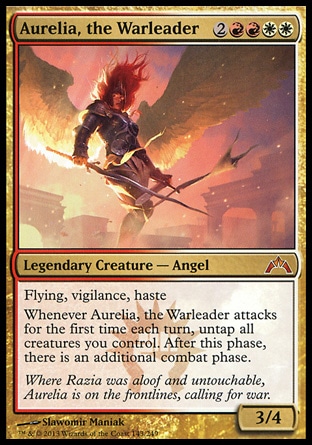
First of all, tapped creatures can’t attack, even if they have Haste or Vigilance.
Secondly, tapped creatures can’t block. There’s a card that breaks this rule though: Masako the Humorless.
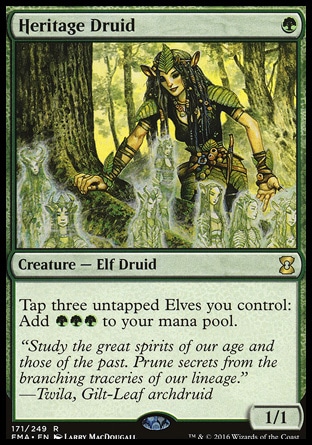
Thirdly, an opponent can’t use the abilities that require tapping creatures to activate. You can’t tap a tapped creature.
What consequences Blind Obedience’s effect has for creatures?
Trinispehere’s static ability only works if it is untapped.
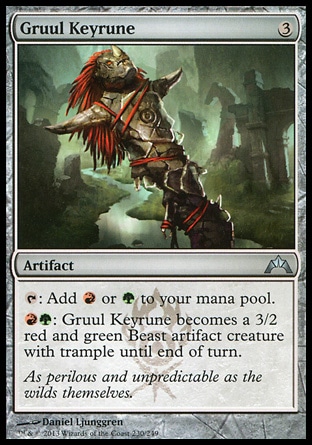
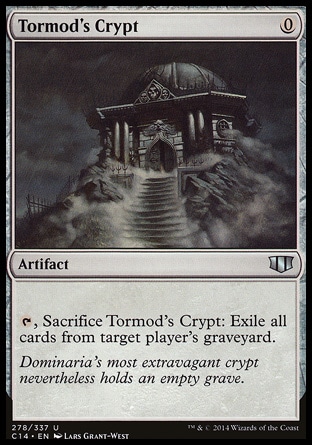
If there are no special restrictions or effects, the rest of the permanent’s life is unaffected. If a player can pay an activation cost for an ability of a tapped permanent, rules don’t forbid doing so.
You may equip a creature with a tapped Equipment.
A tapped Golgari Grave-Troll can get a regeneration shield. Being tapped also won’t prevent this shield from taking effect.
Finally, we’ve come to the new Orzhov guild mechanic.
Extort
702.99a Extort is a triggered ability. “Extort” means “Whenever you cast a spell, you may pay {W/B}. If you do, each opponent loses 1 life and you gain life equal to the total life lost this way.”
702.99b If a permanent has multiple instances if extort, each triggers separately.
“Whenever” in the Extort rules text clearly indicates that the ability is triggered. Its triggering event is casting of a spell by a player controlling the permanent with Extort. If you still have difficulties understanding what casting is, check out an article on Storm, the casting is fully described there with pictures and examples. For adult boys and girls there is a detailed article called “Spellcasting”.
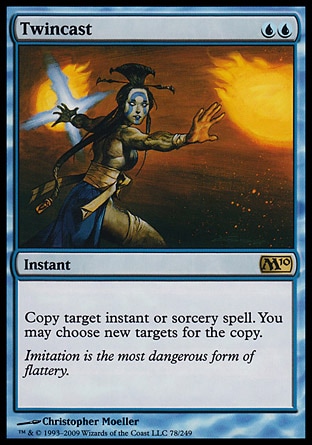
Twincast creates the copy that is simply put on the stack. As the copy has never been cast, Extort doesn’t trigger.
A copy created by Cipher, on the other hand, is cast, so Extort triggers.
Suspending a card is not casting. It is a special action. On resolution of the Suspend’s second trigger, the card is cast.
So, during the casting of the spell (more precisely, at the point when its cost is fully paid) Extort triggers, then SBA are performed. Then, if one or more abilities have triggered since the last time a player received the priority, each player put all his or her abilities in any order on the stack in APANAP order.
Extort trigger is placed on the stack on top of the spell that triggered it, that means that Extort resolves first.
When the Extort trigger becomes the top element of the stack and all players pass in order, the trigger starts resolving. This is exactly when the controller gets to choose to pay {B/W}. If a player chooses to do so, he or she will get an ability to activate mana abilities to get mana needed for the payment. No player has priority at this point. It means that cunning opponents can’t intervene. However, there are also rules that limit the player’s own abilities. For example, without priority a player can’t get mana using Lion’s Eye Diamond. If a player successfully pays the cost, each opponent loses 1 life. The player gains life equal to the life lost this way.
What to pay attention to?
First of all, Extort trigger doesn’t target anything.
Secondly, the loss of life is not damage. This means that this event is not affected by the abilities and effects that affect damage.
Extort’s effect doesn’t deal damage!
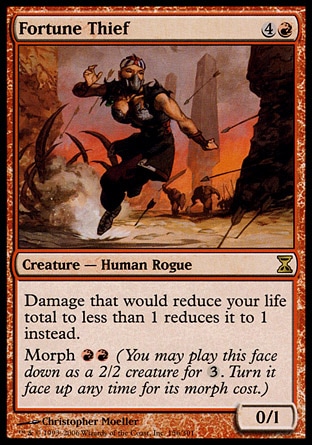
Fortune Thief’s ability only affects the reduction of life caused by damage.
Thirdly, the amount of life gained by the Extort’s controller might not be equal to the number of the player’s opponents. There are abilities that affect the change of life:
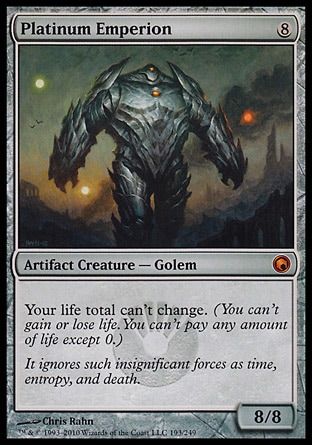
Under the effect of Platinum Emperion a player’s life total can’t be change. It means that he or she can’t gain or lose life.
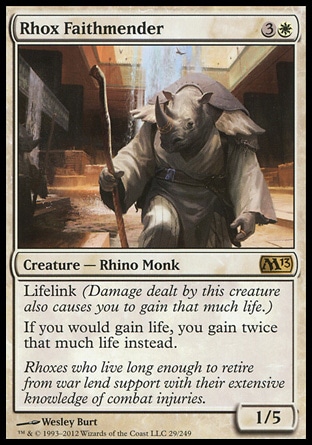
Rhox Faithmender’s second ability creates a replacement effect that doubles amount of life gain by its controller.
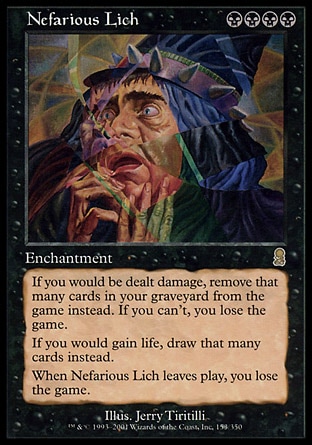
Nefarious Lich’s second ability creates a replacement effect that turns life gains into drawing the cards.
Why more than one mana can’t be paid for Extort?
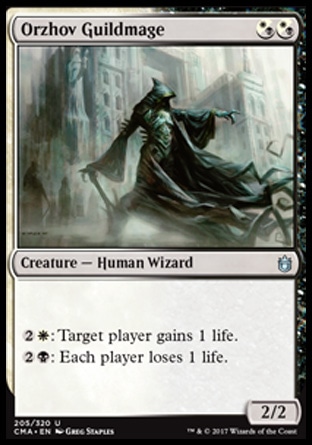
Orzhov Guildmage has activated abilities. You may activate them any amount of times as long as you can pay for them. Every activation creates an independent object on the stack. They resolve one by one. It is not “we’ll lose 2 life each for 6 mana”. In reality, a player activates an ability once, pays {2B}, and activates it again, then resolves the first one: “let’s lose 1 life”, then resolves the second one.

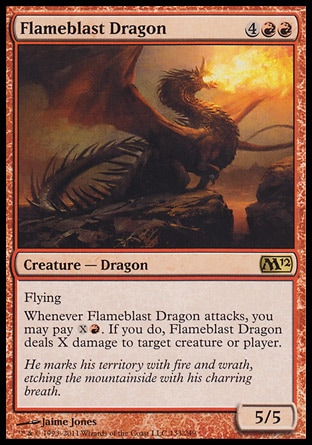
Extort is a triggered ability. It triggers once every time the triggering event takes place. To get multiple copies of the trigger, more triggering events should be created, i.e. more spells should be cast.
On resolution of Extort an effect is created that allows paying {W/B}. Not 5 or 10 black or white mana, only 1. A player then can either pay one mana or not. A player is not offered other options to pay.
Compare Extort with Flameblast Dragon’s trigger: its effect allows paying {XR} mana. A value for X is chosen by the player.
P.S. for Commander-players
Reminder text has no effect on color identity. Extort adds no colored mana symbols to a card outside of its reminder text, and therefore is legal for play in Commander decks of any color or colors (as long as the card it appears on is otherwise legal, of course).
⇑
Translated by Lev Kotlyar

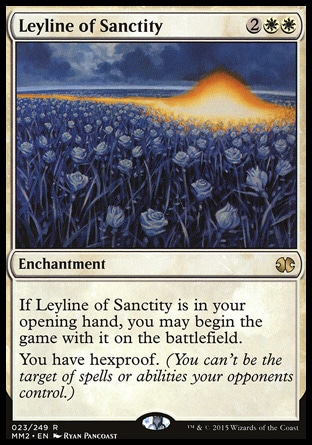
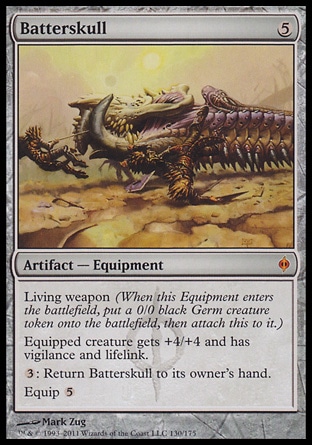
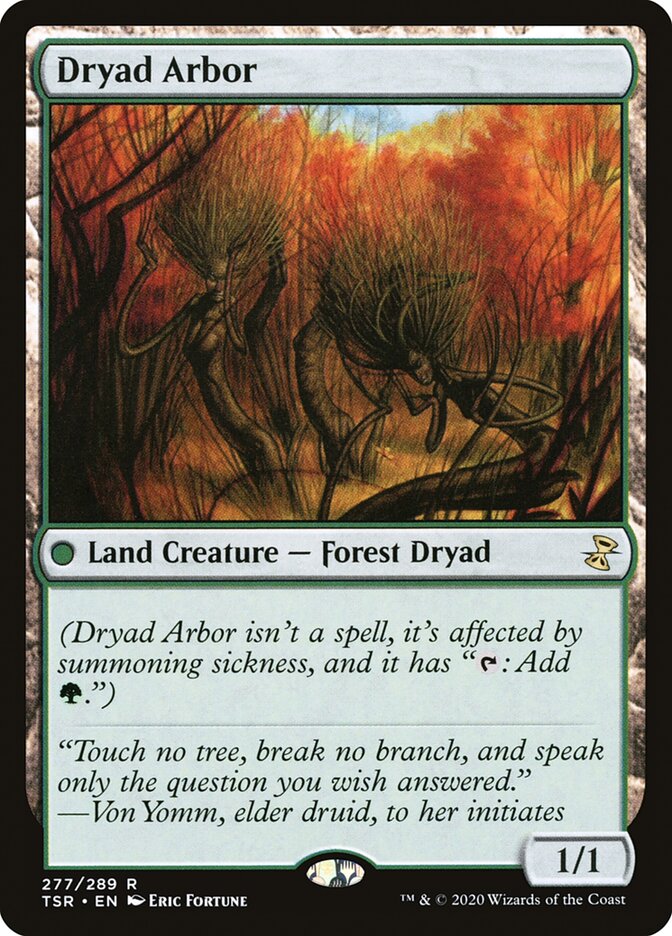
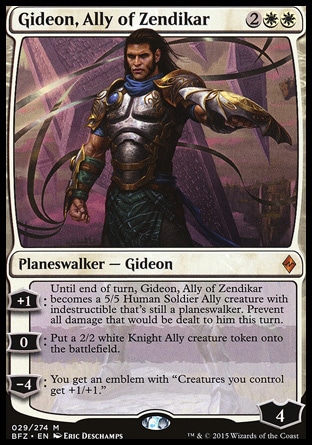
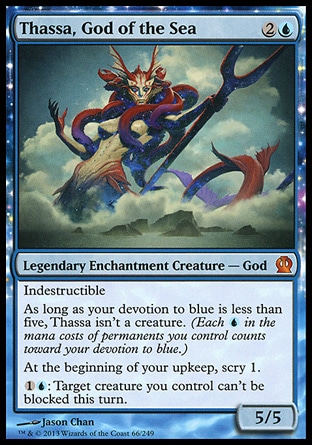
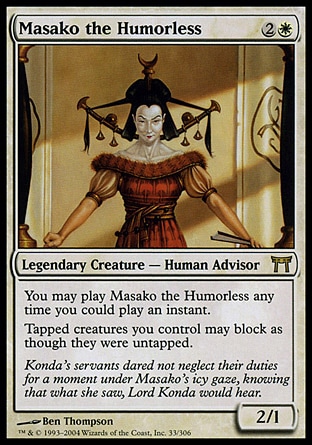
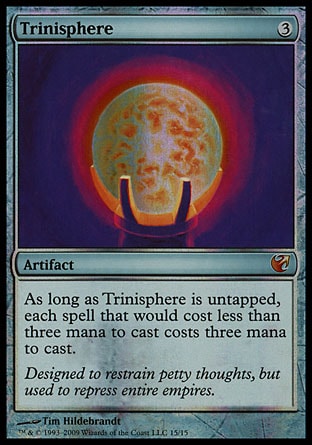
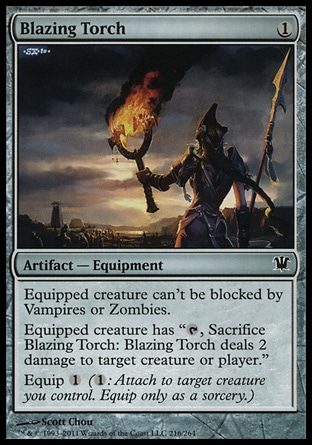
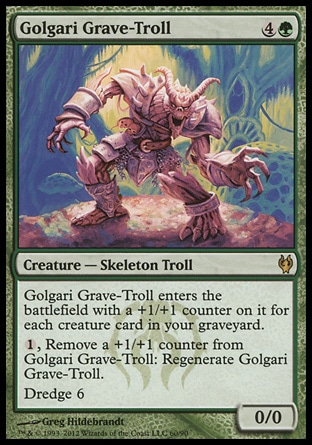
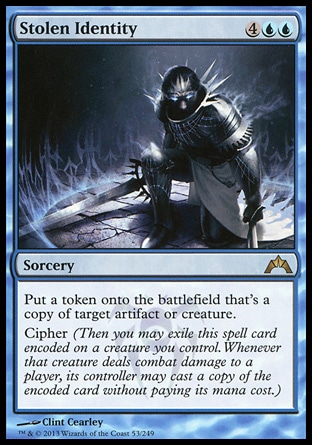
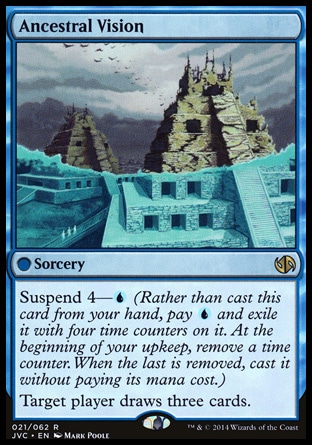
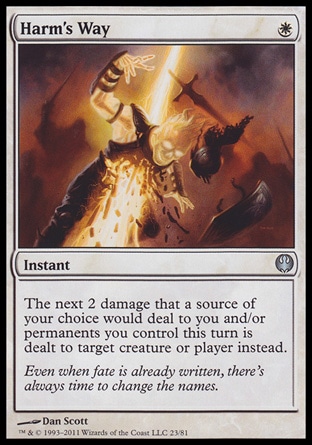
Paying the cost of the ability that involves tapping the artifact is impossible.
Many players ask why some abilities cost both tapping and sacrificing the permanent the ability belongs to. While the permanent is tapped, the activation cost can’t be paid.